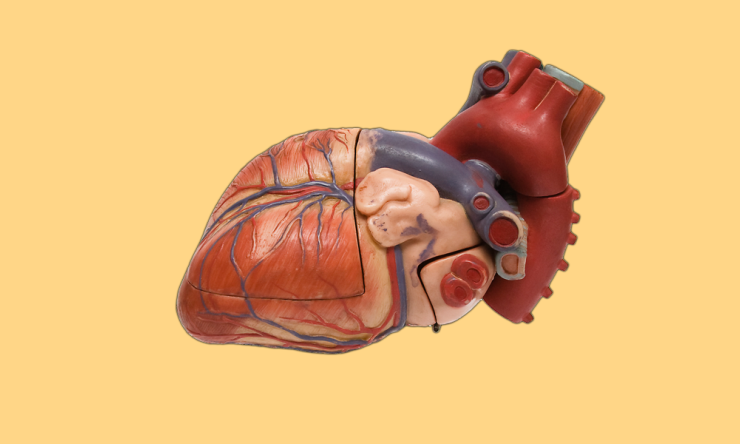Calcium scores can help statin therapy decisions
Understanding your risk for developing atherosclerotic cardiovascular disease (ASCVD) plays an important role in deciding whether to start statin therapy. While there are recommendations and risk calculators, some people are still uncertain about deciding to begin a lifelong course of statins. Researchers at Baylor College of Medicine and colleagues looked to find a more accurate way to make this important heart health decision.
In their recent study, published in the current edition of JAMA Cardiology, Dr. Mahmoud Al Rifai, a fellow in the Department of Medicine - Cardiology at Baylor and senior author on the study, evaluated whether coronary artery calcium score, in addition to the most commonly used resources and tests to determine ASCVD risk recommended by the American Heart Association/American College of Cardiology, gives a more precise result in estimating a person’s likelihood of having a cardiovascular event in the next 10 years.
“Our team found that calcium score is by far the most useful tool that the clinician has if they want to accurately determine someone’s likelihood of a future cardiovascular event,” Al Rifai said. “However, this test alone isn’t suggested. Calculating risk scores and evaluating other risk factors are still the standard and can be sufficient to decide on statin therapy. If there are still any questions after those considerations, then including a calcium score is the way to go.”
Standard risk score
The standard heart risk calculator, called the pooled cohort equation, uses information such as sex, race, cholesterol levels, blood pressure and other risk factors such as diabetes and cigarette smoking to determine the likelihood of having a cardiovascular event in the next 10 years. Intermediate risk usually falls between 7.5% and 20%. If the doctor and patient want a more personalized result before deciding to prescribe statins, there are additional risk enhancing factors to consider, such as family history of premature ASCVD or the presence of chronic inflammatory disorders like rheumatoid arthritis or psoriasis.
“If there is still uncertainty and risk is still considered intermediate, a calcium score is then used to help guide management of statin therapy. But what happens if you have a calcium score of zero and have other risk enhancing factors? “The guideline did not specially address this question, but this is what we sought to study,” Al Rifai said.
Calcium score influence?
A calcium score test is a CT scan of the heart and arteries to detect calcium deposits. This hard plaque can clog arteries, slowing blood flow. A score higher than 100 is associated with a higher risk of a cardiovascular event similar to individuals who have had prior heart attacks.
When Al Rifai and his colleagues looked at results from more than 1,500 patients, they found that those with risk enhancing factors of any kind had a lower rate of cardiovascular events if they had a calcium score of zero compared to those with risk enhancing factors and an elevated calcium score.
“We found a calcium score of zero among approximately 40% of those with at least three risk enhancing factors. Overall, there was an ASCVD incident rate of 7.5% or more for those with an elevated calcium score, but those with a zero calcium score had lower rates,” Al Rifai said. “So, you could hold off on statins if your calcium score is zero and you are reluctant to take a statin.”
Zero score, but still at risk?
Al Rifai stresses that a calcium score of zero might not last, so follow-up with your doctor is important.
“Things change, so while a score of zero is reassuring, it is important to remember that your risk is not equal to zero and we emphasize that some type of treatment is still needed, including lifestyle changes like exercise and diet,” he said. “These are discussions to have with your doctor. It is also important to continue to see your doctor and control other risk factors including blood pressure, diabetes, and cigarette smoking. Additionally, another calcium score test should be taken in a few years. If there are any changes, the statin subject should be revisited.”
Others who took part in the study include: lead author Jaideep Patel, Cincent A. Pallazola, Ramzi Dudum, Philip Greenland, John W. McEvoy, Roger S. Blumenthal, Salim S. Virani, Michel D. Meidema, Steven Shea, Joseph Yeboah, Antonio Abbate, William G. Hundley, Amy B. Karger, Michael Y. Tsai, Vasanth Sathiyakumar, Oluseye Ogunmoroti, Mary Cushman, Nazir Savji, Kiang Liu, Khurram Nasir, Michael J. Blaha and Seth S. Martin. For full affiliations and funding please see publication.










